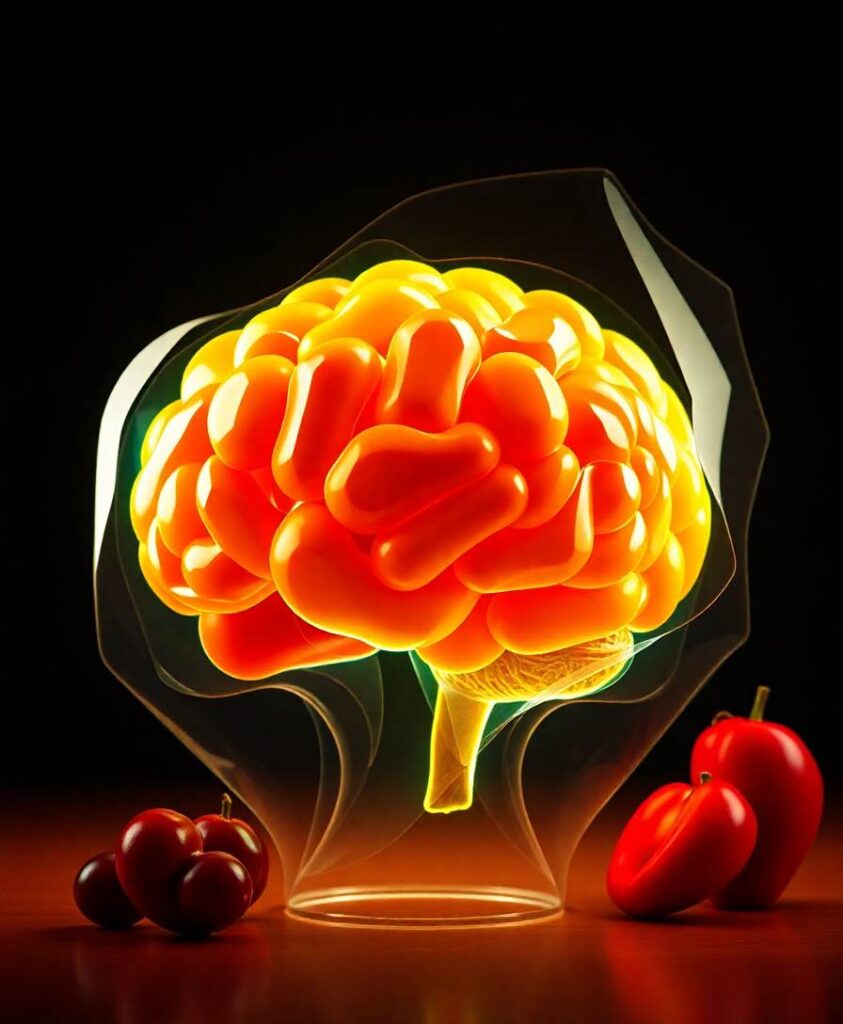ObjectiveTo investigate the effects of sleep disorders on post-stroke cognitive impairment (PSCI) and other factors affecting post-stroke cognitive impairment.MethodsA total of 1,542 first-ever stroke inpatients in department of neurology of Tianjin Huanhu Hospital from 2015.6.1 to 2016.12.31. We recorded the personal history of patients. The MMSE (mini-mental state examination), MoCA (Montreal Cognitive Assessment), HAMD (Hamilton Depression Scale), BI (Barthel index), mRS (Modified Rankin Scale), PSQI (Pittsburgh Sleep Quality Index), ESS (Epworth Sleepiness Scale), Berlin questionnaire, nocturnal TST (total sleep time) were assessed before discharge. All patients were followed up at 3 months, 6 months, and 4 years (2019–2020) after stroke. During follow-up, the above scales should be evaluated again to assess the sleep status and cognitive function of patients at that time.ResultsNocturnal TST (>8 h) (OR 3.540, 95% CI 1.692–7.406, P = 0.001) was a risk factor for cognitive impairment 3 months after stroke. Nocturnal TST (<7 h) (OR 6.504, 95% CI 3.404–12.427, P < 0.001) was a risk factor for cognitive impairment 6 months after stroke. Low sleep quality (OR 2.079, 95% CI 1.177–3.672, P = 0.012), sleepiness (OR 3.988, 95% CI 1.804–8.818, P = 0.001), nocturnal TST (<7 h) (OR 11.334, 95% CI 6.365–20.183, P < 0.001), nocturnal TST (>8 h) (OR 4.096, 95% CI 1.682–9.975, P = 0.002) were risk factors for cognitive impairment 4 years after stroke. The prevalence of cognitive impairment with TIA were 79.3% at admission, 68.1% at 3-months follow-up, 62.1% at 6-months follow-up and 52.2% at 4-year follow-up.ConclusionLong or short nocturnal TST (<7 h or >8 h) was a risk factor for cognitive impairment after stroke (3 months, 6 months and 4 years). Poor sleep quality and sleepiness were shown to be risk factors for cognitive impairment at 4-year follow-up. Cognitive impairment was very common in patients with TIA.

